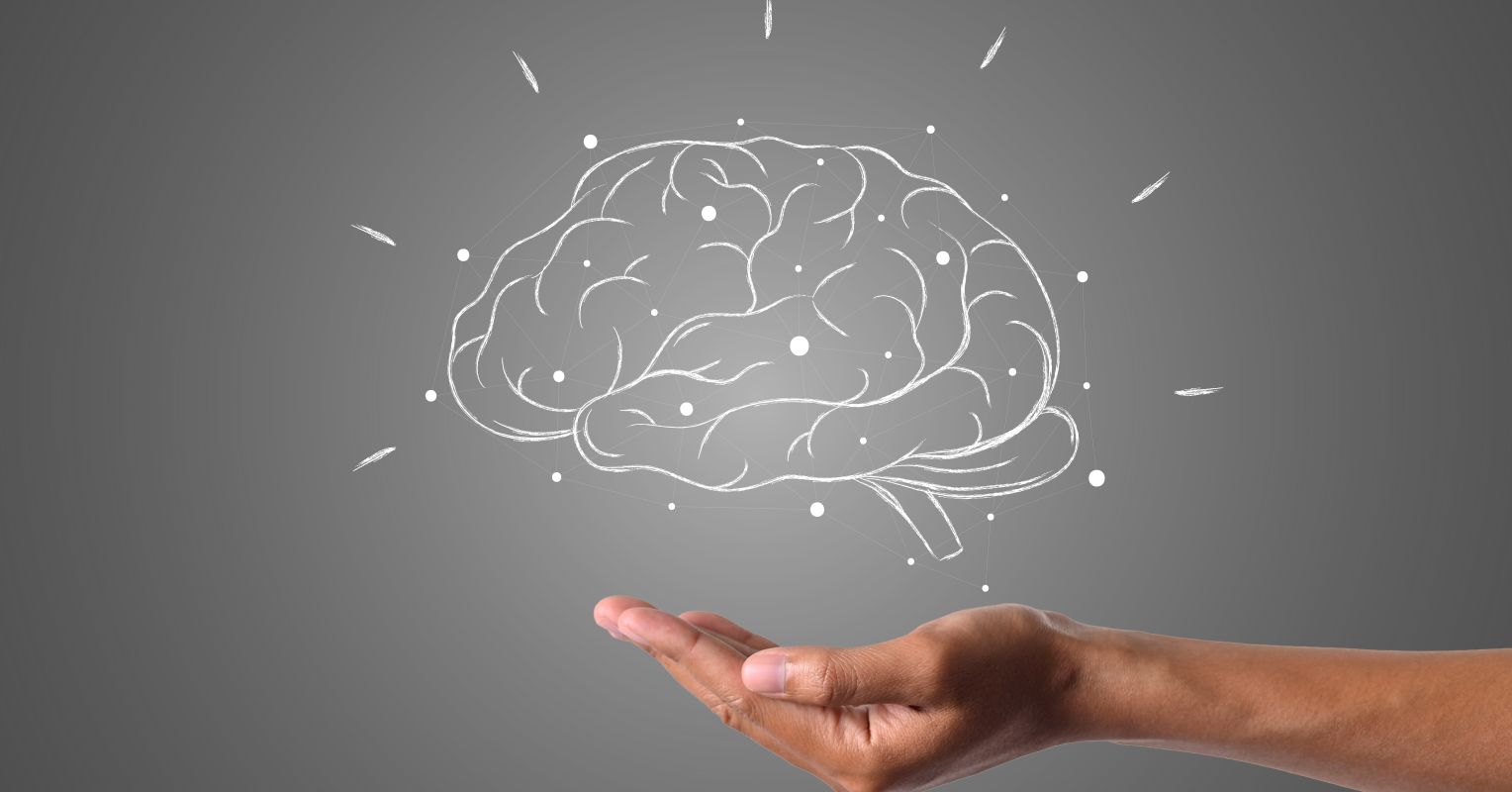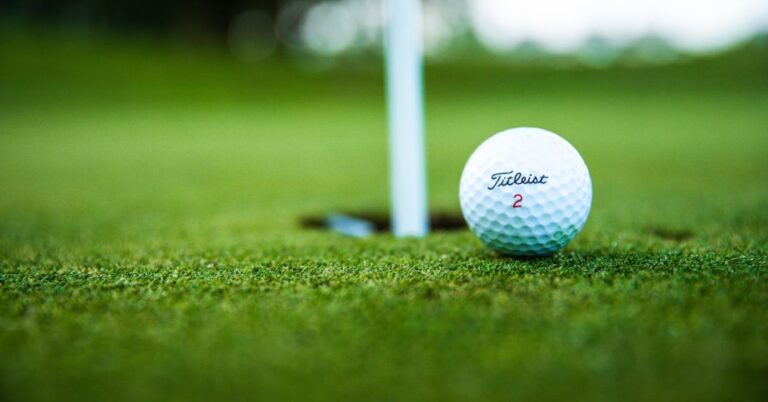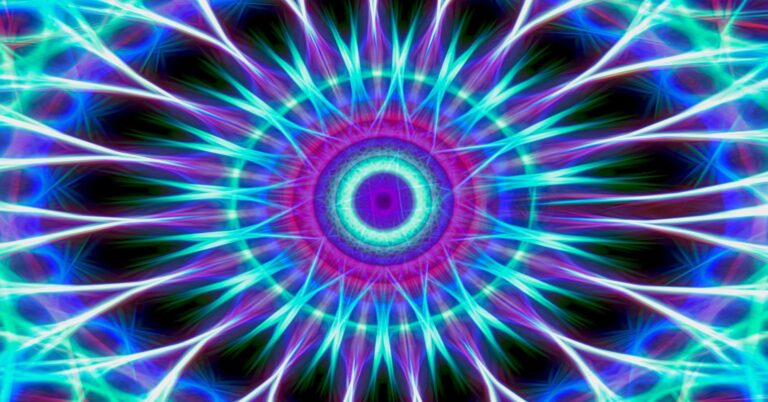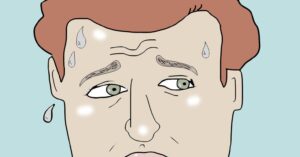Arone, L. J., Mackintosh, R. O. N. A. L. D., Rosenbaum, M. I. C. H. A. E. L., Leibel, R. L., & Hirsch, J. (1995). Autonomic nervous system activity in weight gain and weight loss. American Journal of Physiology-Regulatory, Integrative and Comparative Physiology, 269(1), R222-R225. https://doi.org/10.1152/ajpregu.1995.269.1.R222
Beck, B. (2006). Neuropeptide Y in normal eating and in genetic and dietary-induced obesity. Philosophical Transactions of the Royal Society B: Biological Sciences, 361(1471), 1159-1185. https://doi.org/10.1098%2Frstb.2006.1855
Berkman, E. T. (2018). The neuroscience of goals and behavior change. Consulting Psychology Journal: Practice and Research, 70(1), 28-44. https://doi.org/10.1037%2Fcpb0000094
Blatchley, B. (2023). The brain’s role in losing weight and keeping it off. Psychology Today. https://www.psychologytoday.com/us/blog/what-are-the-chances/202303/the-brains-role-in-losing-weight-and-keeping-it-off
Bushman, B. J., DeWall, C. N., Pond Jr, R. S., & Hanus, M. D. (2014). Low glucose relates to greater aggression in married couples. Proceedings of the National Academy of Sciences, 111(17), 6254-6257. https://doi.org/10.1073/pnas.1400619111
Coccaro, E. F., Lee, R., Liu, T., & Mathé, A. A. (2012). Cerebrospinal fluid neuropeptide Y-like immunoreactivity correlates with impulsive aggression in human subjects. Biological psychiatry, 72(12), 997-1003. https://doi.org/10.1016/j.biopsych.2012.07.029
Cotton, S. (2018, Mar 9). Nerve agents: What are they and how do they work? Scientific American. https://www.scientificamerican.com/article/nerve-agents-what-are-they-and-how-do-they-work/
Duhigg, C. (2014). The power of habit: Why we do what we do in life and business. Random House.
Giacomucci, S. (2021). Interpersonal neurobiology, social work, sociometry, and psychodrama. In Social Work, Sociometry, and Psychodrama: Experiential Approaches for Group Therapists, Community Leaders, and Social Workers (pp. 147-164). Springer. https://doi.org/10.1007/978-981-33-6342-7_8
Goldberg, H. (2022). Growing brains, nurturing minds—Neuroscience as an educational tool to support students’ development as life-long learners. Brain Sciences, 12(12), 1622. https://doi.org/10.3390%2Fbrainsci12121622
Hall, K. D., & Kahan, S. (2018). Maintenance of lost weight and long-term management of obesity. Medical Clinics, 102(1), 183-197. https://doi.org/10.1016%2Fj.mcna.2017.08.012
Hosokawa, R., Tomozawa, R., Fujimoto, M., Anzai, S., Sato, M., Tazoe, H., & Katsura, T. (2022). Association between sleep habits and behavioral problems in early adolescence: a descriptive study. BMC Psychology, 10(1), 1-11. https://doi.org/10.1186/s40359-022-00958-7
Kim, M. S. (2022). The neural basis of weight control and obesity. Experimental and Molecular Medicine, 54, 347-348. https://doi.org/10.1038/s12276-022-00759-3
Kuta, S. (2022, Jul 7). Getting ‘hangry’ is real, science suggests. Smithsonian Magazine. https://www.smithsonianmag.com/smart-news/hanger-is-real-science-suggests-180980382/
MacCormack, J. K., & Lindquist, K. A. (2019). Feeling hangry? When hunger is conceptualized as emotion. Emotion, 19(2), 301-319. https://psycnet.apa.org/doi/10.1037/emo0000422
Mao, T., Fang, Z., Chai, Y., Deng, Y., Rao, J., Quan, P., … & Rao, H. (2023). Sleep deprivation attenuates neural responses to outcomes from risky decision‐making. Psychophysiology, e14465. https://doi.org/10.1111/psyp.14465
Meule, A., & Vögele, C. (2013). The psychology of eating. Frontiers in Psychology, 4, 215. https://doi.org/10.3389/fpsyg.2013.00215
Poulimeneas, D., Yannakoulia, M., Anastasiou, C. A., & Scarmeas, N. (2018). Weight loss maintenance: have we missed the brain?. Brain Sciences, 8(9), 174. https://doi.org/10.3390%2Fbrainsci8090174
Saghir, Z., Syeda, J. N., Muhammad, A. S., Abdalla, T. H. B., & Abdalla, T. H. B. (2018). The amygdala, sleep debt, sleep deprivation, and the emotion of anger: a possible connection?. Cureus, 10(7), e2912. https://doi.org/10.7759%2Fcureus.2912
Spector, N. (2018, Jul 3). The science behind being ‘hangry’. NBC News. https://www.nbcnews.com/better/pop-culture/science-behind-being-hangry-ncna887806
Szabo-Reed, A. N., Breslin, F. J., Lynch, A. M., Patrician, T. M., Martin, L. E., Lepping, R. J., … & Savage, C. R. (2015). Brain function predictors and outcome of weight loss and weight loss maintenance. Contemporary Clinical Trials, 40, 218-231. https://doi.org/10.1016%2Fj.cct.2014.12.008
van Galen, K. A., Schrantee, A., Ter Horst, K. W., la Fleur, S. E., Booij, J., Constable, R. T., … & Serlie, M. J. (2023). Brain responses to nutrients are severely impaired and not reversed by weight loss in humans with obesity: a randomized crossover study. Nature Metabolism, 5, 1059-1072. https://doi.org/10.1038/s42255-023-00816-9
Zhang, L., Cui, Z., Huffman, L. G., & Oshri, A. (2023). Sleep mediates the effect of stressful environments on youth development of impulsivity: The moderating role of within default mode network resting-state functional connectivity. Sleep Health, 9(4), 403-511. https://doi.org/10.1016/j.sleh.2023.03.005


















+ There are no comments
Add yours